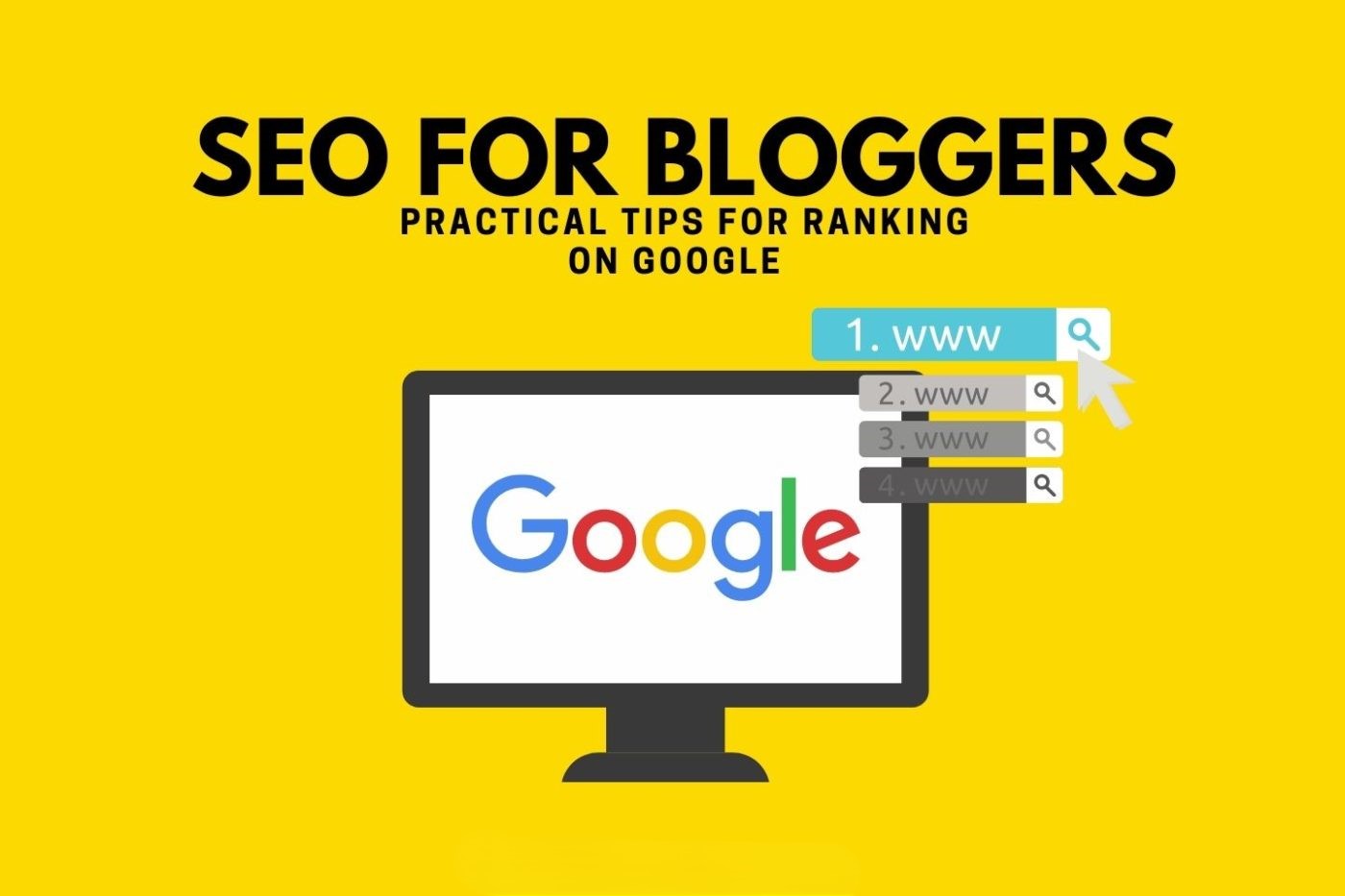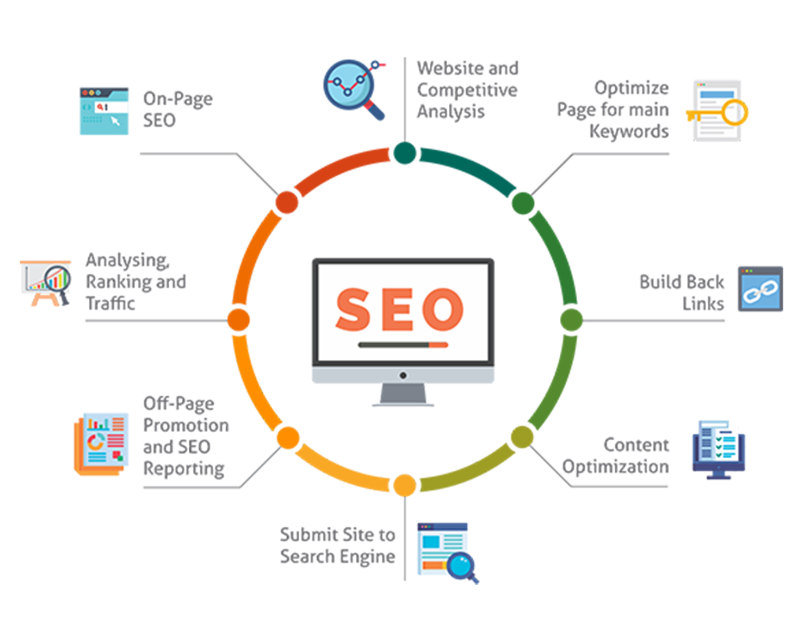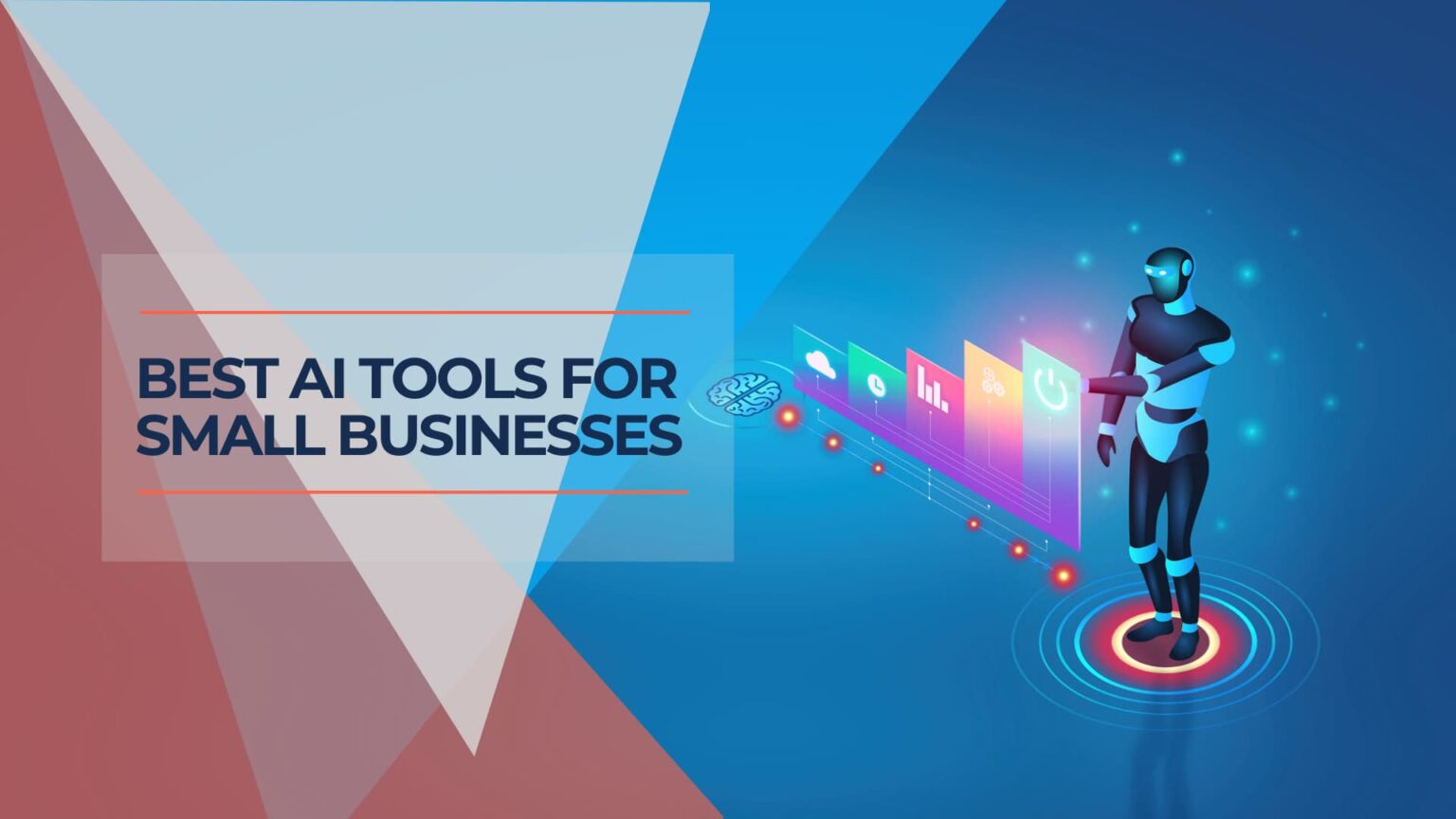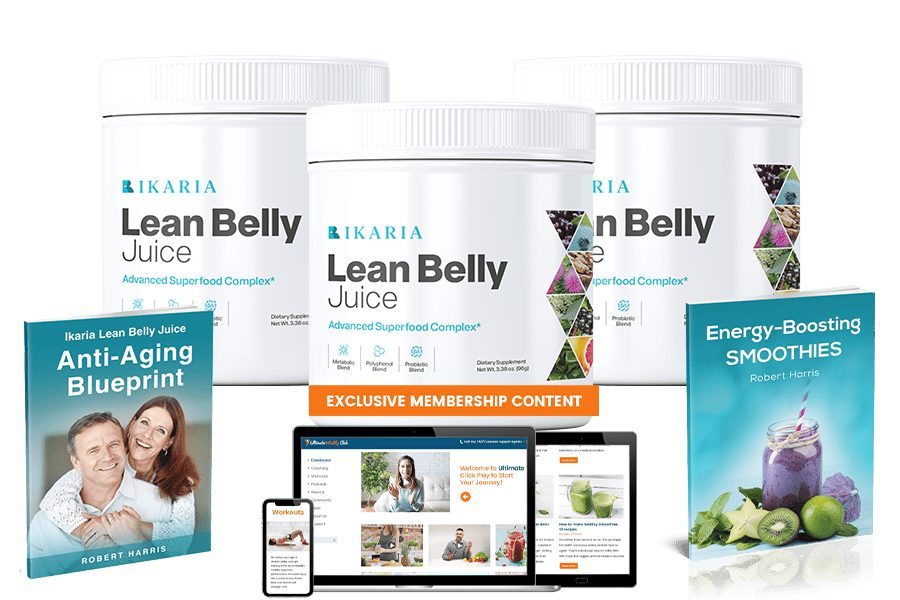Did you know long-form blog posts get 56% more social media shares than shorter ones? This shows how deep content can boost engagement and visibility. As a blogger, using SEO can help increase your blog’s traffic and online presence.
In today’s digital world, knowing SEO is key for bloggers to succeed. By improving your content and doing keyword research, you can draw in more organic traffic. This guide (SEO Tips for Bloggers) will cover important strategies to make your blog more visible in 2025 and later.
Key Takeaways
- Long-form content (over 1,000 words) receives more social shares
- SEO drives steady, sustainable traffic growth compared to social media
- Keyword research is vital for SEO success
- Optimizing blog posts for SEO leads to consistent long-term traffic
- Well-structured, readable content benefits SEO performance
Understanding the Importance of SEO for Bloggers
SEO is key to making your blog successful. It’s not just about getting more readers. It’s about finding the right audience and growing your online presence. Let’s see why SEO is important for bloggers and how it can change your blogging journey.
The impact of SEO on blog visibility
SEO helps your blog get seen more. By making your content better, you have a better chance of showing up in search results. Websites at the top of Google get 39.8% of all clicks. This shows how powerful SEO is in bringing people to your blog.
How SEO drives organic traffic
Organic traffic is crucial for a blog’s success. SEO helps you get this valuable traffic. A study shows Google sends over 396,000 visitors a month to one blog. By using SEO, you attract people who are already looking for what you offer.
The long-term benefits of SEO for bloggers
SEO is a long-term investment that pays off more than short-term gains. Unlike ads, SEO keeps working even after you stop paying for it. It can take three to six months for a post to rank on Google. But once it does, it keeps bringing in traffic for years.
| SEO Benefit | Impact |
|---|---|
| Increased Visibility | 39.8% clickthrough rate for top-ranking sites |
| Organic Traffic | 396,000+ monthly visitors from Google |
| Long-Term Growth | Consistent traffic for years after initial ranking |
SEO Tips for Bloggers: Content Creation and Optimization
Creating SEO-friendly content is key for bloggers wanting more traffic. Start by setting up a clear content hierarchy. This makes it easy for search engines to see your site’s layout and what’s important.
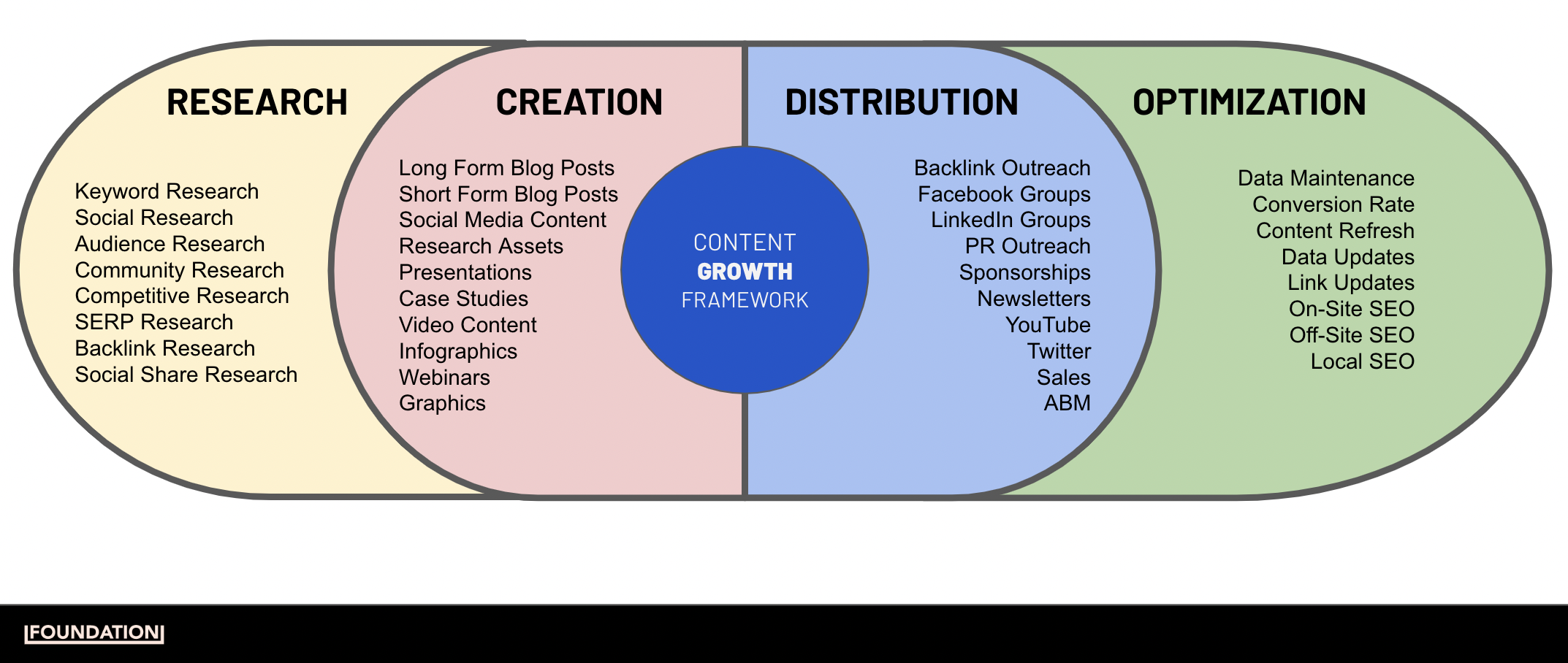
When writing blog posts, think about what your readers want. Pick one main keyword for each article. This makes your content more focused and meets readers’ needs. Google likes blogs with more than 500 words because they cover topics in depth.
| Content-Type | Recommended Word Count | SEO Impact |
|---|---|---|
| Short Articles | 500-1000 words | Minimum for indexing |
| Medium Articles | 1000-1500 words | Better engagement |
| Long-form Content | 1500+ words | Highest ranking potential |
Long-form, evergreen content often ranks well in search results. For example, Runner’s World’s list of best running shoes has 40 shoes. This shows a deep dive into the topic, meeting user needs and boosting your ranking.
Don’t ignore thin content (under 500 words) as it’s seen as low value by search engines. Use tools like Semrush and Google Keyword Planner for keyword research. Also, make sure to optimize your blog titles, subheadings, and meta descriptions with keywords. This will help your SEO.
On-Page SEO Optimization Techniques
On-page SEO is key to making your blog more visible in search results. By focusing on important elements, you can boost your content’s ranking. This attracts more organic traffic to your site.
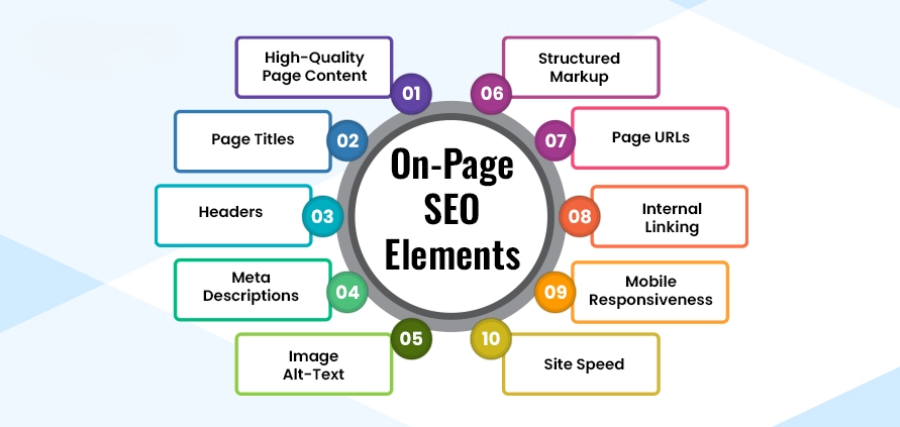
Crafting compelling meta titles and descriptions
Meta tags are crucial for catching users’ attention in search results. Make your titles short and packed with keywords, under 55 characters. This increases click-through rates. Write meta descriptions that summarize your content well and make readers want to click.
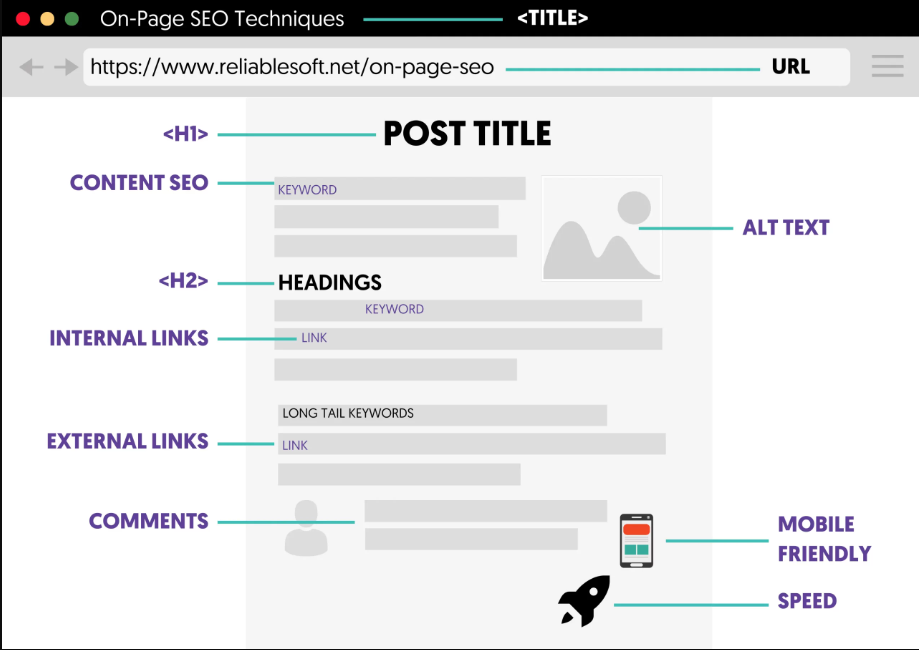
Optimizing header tags
Header tags are important for organizing your content and helping search engines understand it. Use H1 tags for your main title and H2 and H3 tags for subheadings. This makes your content easier to read and improves SEO.
Incorporating keywords naturally into the content
Using keywords correctly is essential for on-page SEO. Place your target keywords in your content, especially in the first paragraph and subheadings. But remember to keep it natural and avoid stuffing keywords.
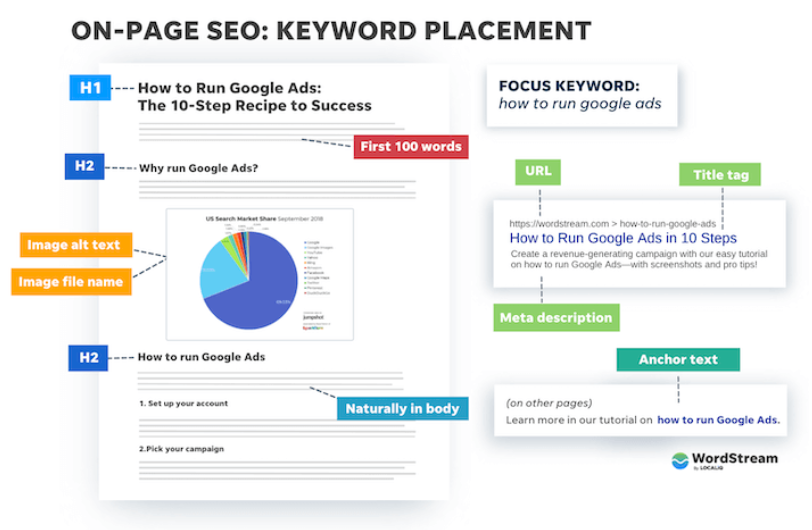
Improving the internal linking structure
Internal linking helps search engines understand your site’s structure. Link related posts and pages to create a network of content. This boosts your site’s SEO and keeps visitors engaged.
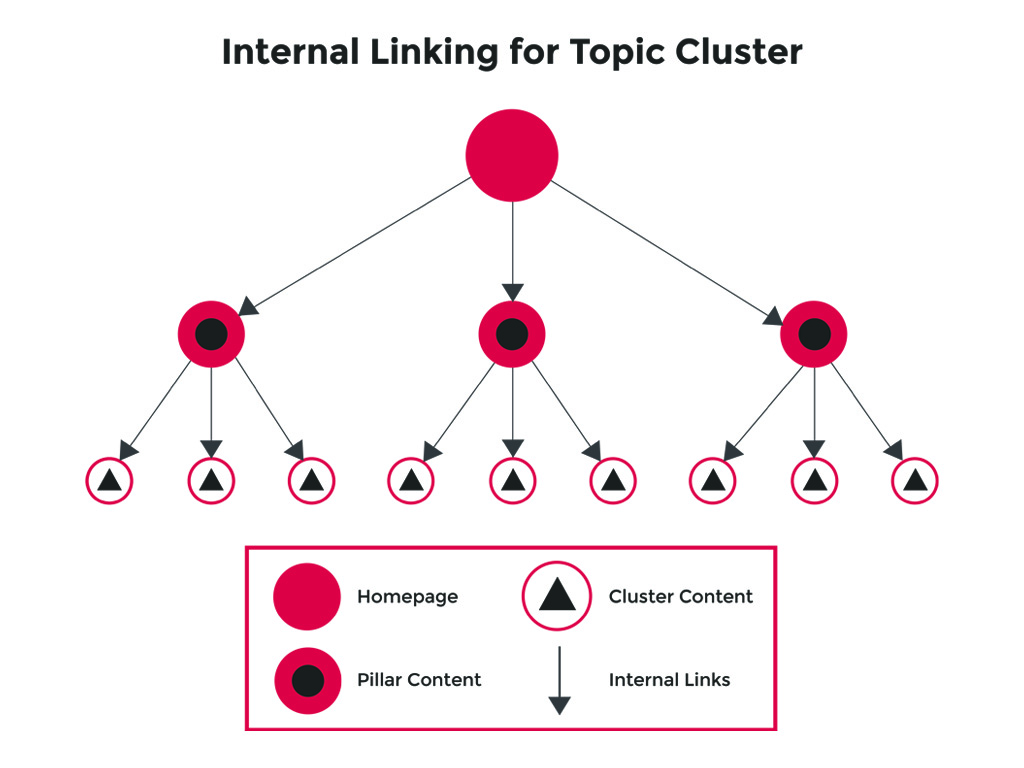
| On-Page SEO Element | Importance | Best Practice |
|---|---|---|
| URL structure | High | Use relevant words, avoid cryptic structures |
| Header tags | Medium | Use H1 for main title, H2 and H3 for subheadings |
| Meta tags | High | Optimize titles (55 characters) and descriptions |
| Internal linking | Medium | Link-related content for better site structure |
By using these on-page SEO techniques, you’ll make your blog more visible. This attracts more organic traffic. Focus on creating high-quality, user-friendly content that meets search intent for the best results.
Off-Page SEO Strategies for Bloggers
Improving your blog’s visibility is more than just on-page optimization. Off-page SEO is key to boosting your site’s authority and search rankings. Let’s look at some effective strategies to boost your blog’s online presence.
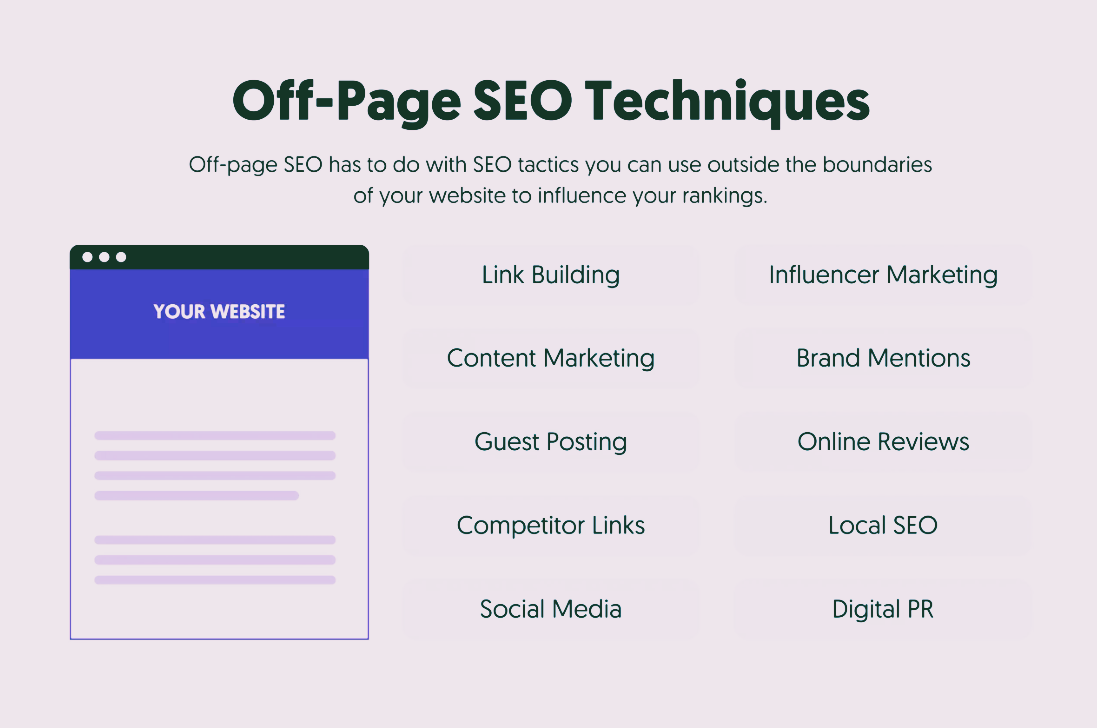
Building high-quality backlinks
Getting quality backlinks is essential for off-page SEO. Look for links from reputable sites in your niche. About 56% of SEO experts say valuable backlinks are crucial. Try to get 15-20 quality links each day, but steer clear of shady services that promise backlinks through guest posting.
Leveraging social media for SEO
Social media is a great way to promote your content and grow your online presence. Share your blog posts on different networks to get more eyes on your work. Also, interact with your followers to build relationships and encourage them to share your content.
Guest posting and collaborations
Guest posting is still a top choice, with 31% of SEO experts backing it for quality backlinks. Look for chances to write for respected blogs in your field. This not only gets you backlinks but also introduces your content to new readers.
Working with other bloggers on content can help you both reach more people. Think about doing joint webinars, podcasts, or articles to share audiences.
Exploring additional off-page tactics
There are more off-page SEO strategies to explore:
- Participate in link exchanges with sites that complement yours.
- Use influencer marketing to boost your brand’s credibility.
- Join online communities related to your niche and share your insights.
- Go to blogger meetups and networking events to make connections.
While off-page SEO is vital, 12% of SEO experts also highlight the need for solid on-page optimization. By combining these strategies, you’ll have a strong SEO plan that brings more organic traffic to your blog.
Conclusion: SEO Tips for Bloggers
Effective SEO strategies are crucial for blogging success and growing organic traffic. Focus on optimizing your content and using both on-page and off-page techniques. This will help improve your search engine rankings. Remember, SEO is a continuous effort to stay competitive in the blogging world.
When using SEO tips, remember that 55% of users only spend 15 seconds on a webpage. It’s vital to create engaging, high-quality content that meets search intent. Use proper headings, alt descriptions for images, and strategic internal linking to boost both readability and SEO.
A strong conclusion in your blog posts is also important. Studies show that 85% of readers find a call-to-action essential. Consider adding a graphic-based CTA, as 62% of readers are more likely to engage with visuals. Also, end with a thought-provoking question—78% of readers appreciate this. By using these strategies, you’ll increase your blog’s visibility and success.
FAQs – SEO Tips for Bloggers
How does SEO help increase blog visibility?
SEO makes your blog easier to find in search results. It helps your content rank higher when people search for topics related to your blog. This way, more people who are interested in your content can find it.
Why is creating a proper content hierarchy important for SEO?
A good content hierarchy helps search engines understand your blog better. It makes it easier for them to see how your content is connected. This can help your blog rank higher in search results.
How can I optimize my blog titles and meta descriptions for better click-through rates?
Make your meta titles and descriptions catchy and include the right keywords. Keep them short, under 55 characters. This will make people more likely to click on your blog from search results.
What are some effective off-page SEO strategies for bloggers?
Off-page SEO includes guest posting and creating content with others. It also means participating in link exchanges and using influencer marketing. These strategies can help your blog get more backlinks and become more authoritative.
Why is it important to create long-form, in-depth content for SEO?
Long content (over 1,500 words) tends to rank higher because it covers topics thoroughly. It also satisfies user needs better. Plus, it’s more likely to be shared, bringing more visitors to your blog.
How can repurposing content benefit a blogger’s SEO efforts?
Turning your blog content into videos, infographics, or podcasts can reach more people. It makes your content available on different platforms. This can lead to more engagement and more visitors to your blog.

